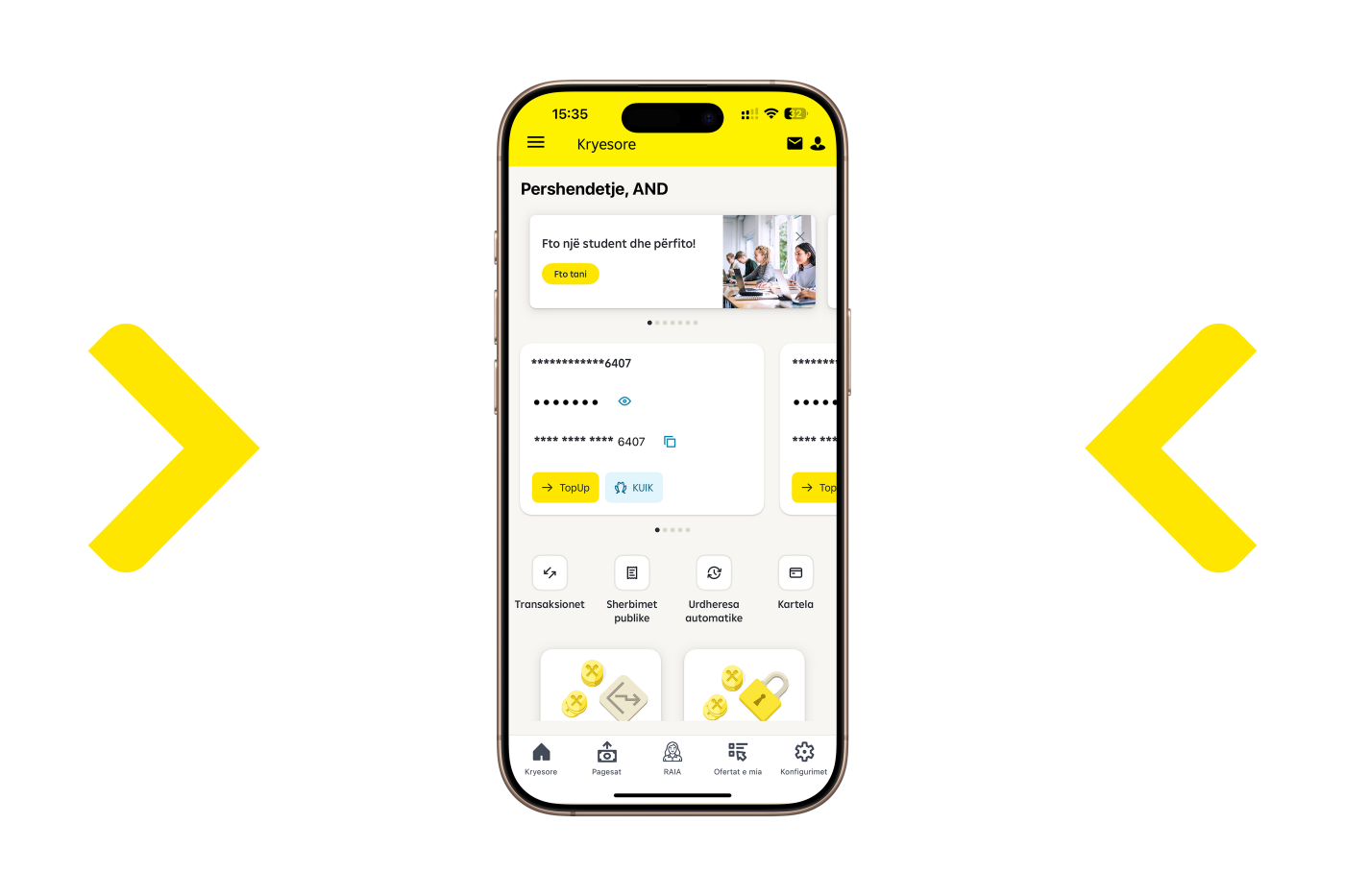What is vishing and how to protect from it?
In addition to popular email and SMS attacks (such as smishing), another phishing method that is becoming increasingly common is vishing. Vishing (Voice Phishing) is a type of phishing that takes place over phone calls, where attackers try to get your personal information by pretending to be a trusted institution.
How vishing works?
In a vishing attack, scammers contact you over the phone and pose as representatives of a bank, government agency, or well-known company. They often use techniques to incite fear or urgency, such as claims of suspicious transactions on your bank account, a payment that must be made immediately, or the risk of closing your account.
Here are some examples of common vishing scenarios:
- You receive a call from someone claiming to be from your bank, informing you that there has been suspicious activity on your account. They require you to provide your bank card details to "verify" the account.
- A scammer says you've won a reward, but you need to provide your credit card details to cover "shipping costs".•
- They call you from a number that looks like a government office, claiming that you need to pay a fine or tax immediately to avoid legal action.
How to recognize a phishing call?
To protect yourself from vishing, below are some warning signs to look out for:
- Unexpected phone calls: If you receive an unexpected phone call asking for sensitive information, this is a warning sign. Banks and trusted institutions will not ask you for personal information or financial data over the phone.
- Pressure or urgency: Scammers often create a sense of urgency, by saying that you must take immediate action to avoid any consequences. Do not act under pressure and be careful.
- Request for personal information: If someone asks for your card number, passwords or any other sensitive information over the phone, don't share it. Banks never ask for this information over phone calls.
What should you do if you receive a vishing call?
If you receive a call that you think may be a scam, follow the following steps to protect yourself:
- Do not share personal information: Never share your personal or financial information over the phone, especially if you are not sure of the identity of the person calling you.
- Verify the call: If someone claims to be from your bank, stop the call and contact your bank directly through their official number to verify that the call is legitimate.
- Report the scam: If you think you have received a fraudulent call, report it immediately to your bank or the relevant authorities. This will help prevent further fraud against you and other customers.
Our bank is committed to protecting your information and preventing any fraud attempts. For this reason, we will never ask you to share sensitive financial or personal information over the phone.
Vishing is a serious threat, but by being aware and following these tips, you can protect yourself from phone scams.
Please be aware that our official communication channels are only through phone numbers: 038/222-222 and 049/222-222, as well as through our official domain: raiffeisen-kosovo.com.
If you receive any calls, messages, or emails that appear to come from these numbers or from our domain, but you have doubts about their authenticity, please cease communication immediately and do not share any personal or sensitive information and notify us immediately.
